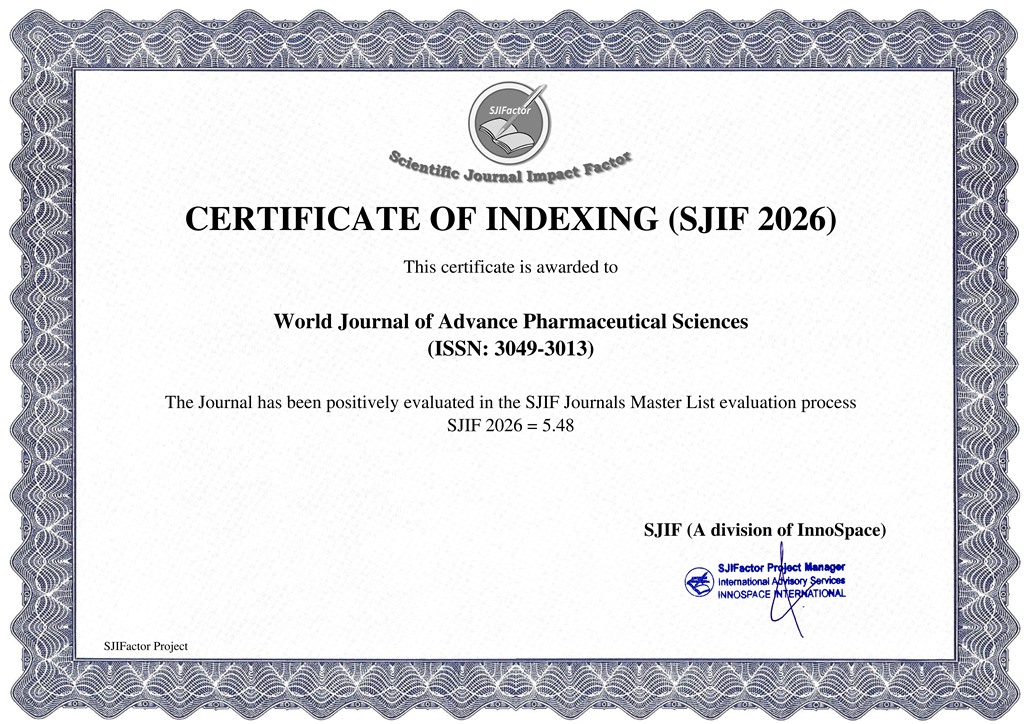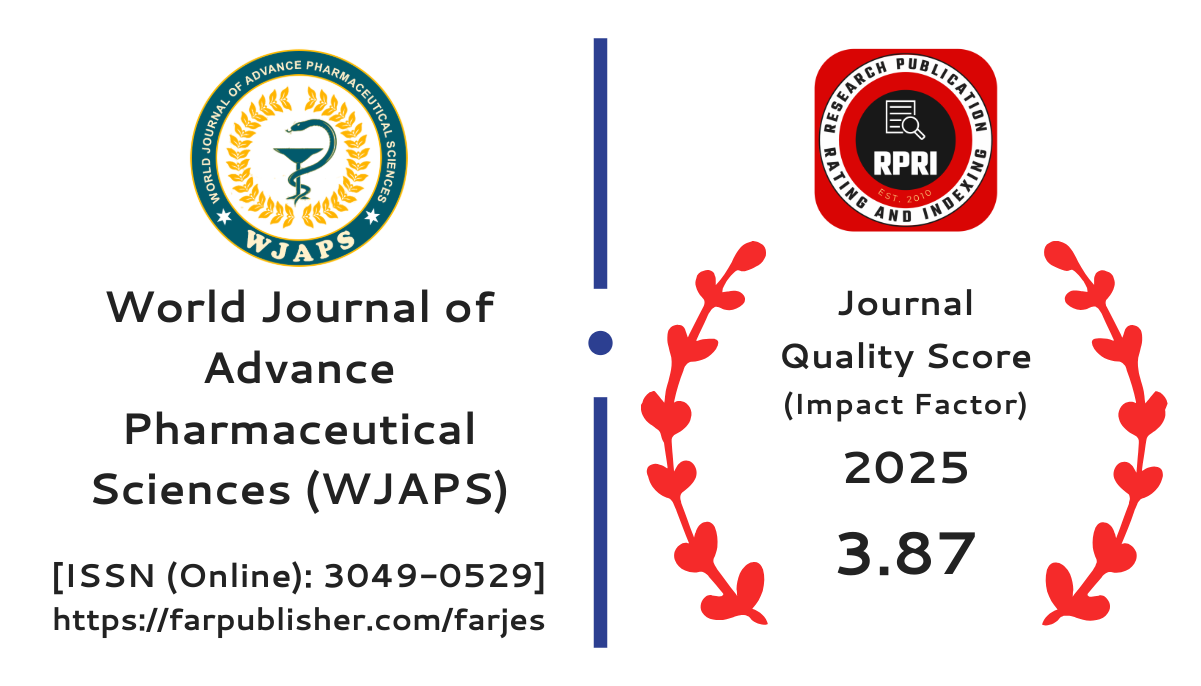EVALUATION OF SOME BIOCHEMICAL CHANGES IN WISTAR RATS ADMINISTERED DIFFERENT DOSES OF BENZENE
Dr. Ezomoh Olusoga Olubunmi*, Chukwuma Samuel Anakwe, Ogu Oyinbrakemi Collins, Onwubiko Ifeoma Love and Prohp The Prophet
Benzene is a volatile organic compound recognized for its carcinogenic effects in humans. This study investigated the effects of benzene exposure on lipid profile and selected biochemical parameters namely total protein, albumin, and total bilirubin in Wistar rats. A total of 40 adult male Wistar rats were randomly assigned into 10 groups, each comprising four rats. Group 1 received distilled water and served as the control, while groups 2 through 9 were administered increasing doses of analytical-grade benzene at 0.2, 0.4, 0.6, 0.8, 1.0, 1.2, 1.4, 1.6, and 1.8 ml/kg body weight, respectively, for a duration of 28 days. Unfortunately, animals in groups 6 to 10 did not survive the entire 28-day study period. Rats in groups 1 to 5 were euthanized on day 28 under chloroform anesthesia, and blood samples were collected via cardiac puncture for biochemical analysis. Benzene exposure resulted in a significant (p < 0.05) increase in serum levels of total cholesterol, triglycerides, low-density lipoprotein (LDL), and total bilirubin, while levels of high-density lipoprotein (HDL), total protein, and albumin were significantly decreased. These findings suggest that benzene adversely affects lipid metabolism and liver function, likely through mechanisms involving oxidative stress, inflammation, and hepatocellular injury.
[get full article]



























